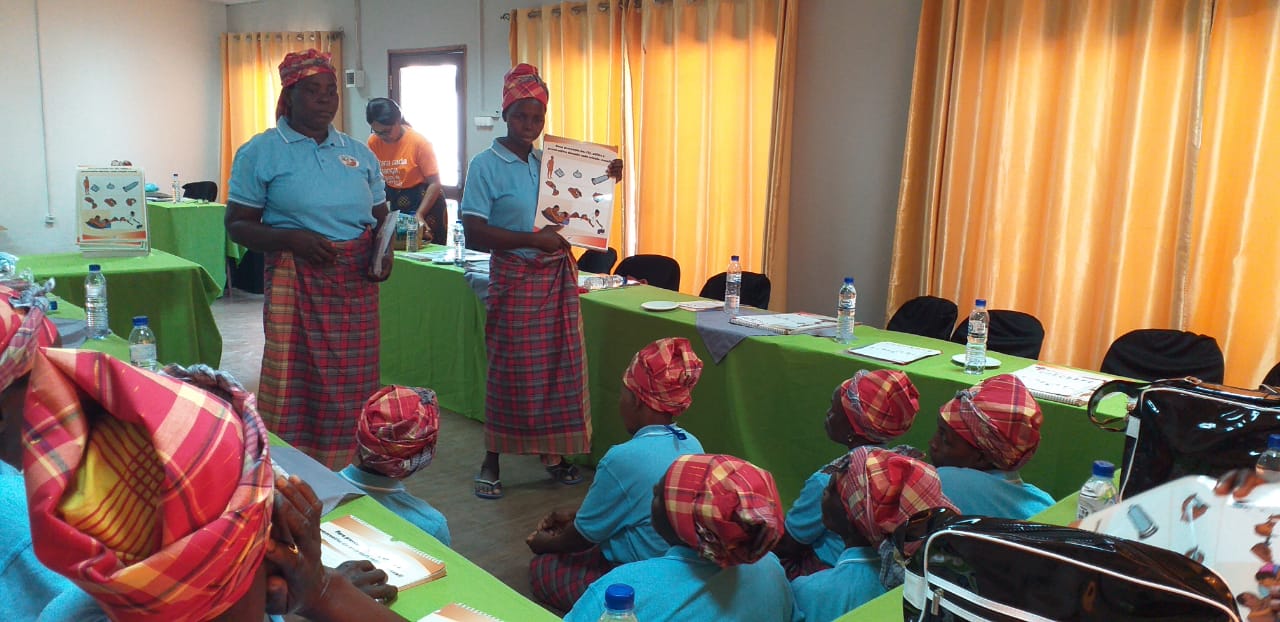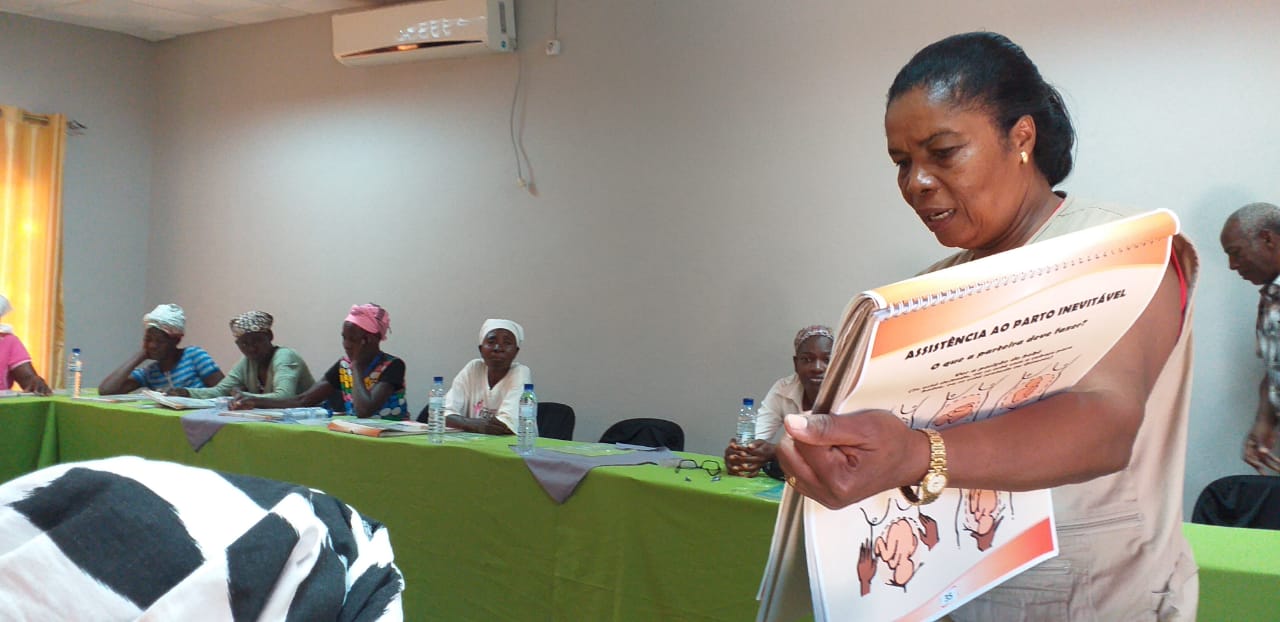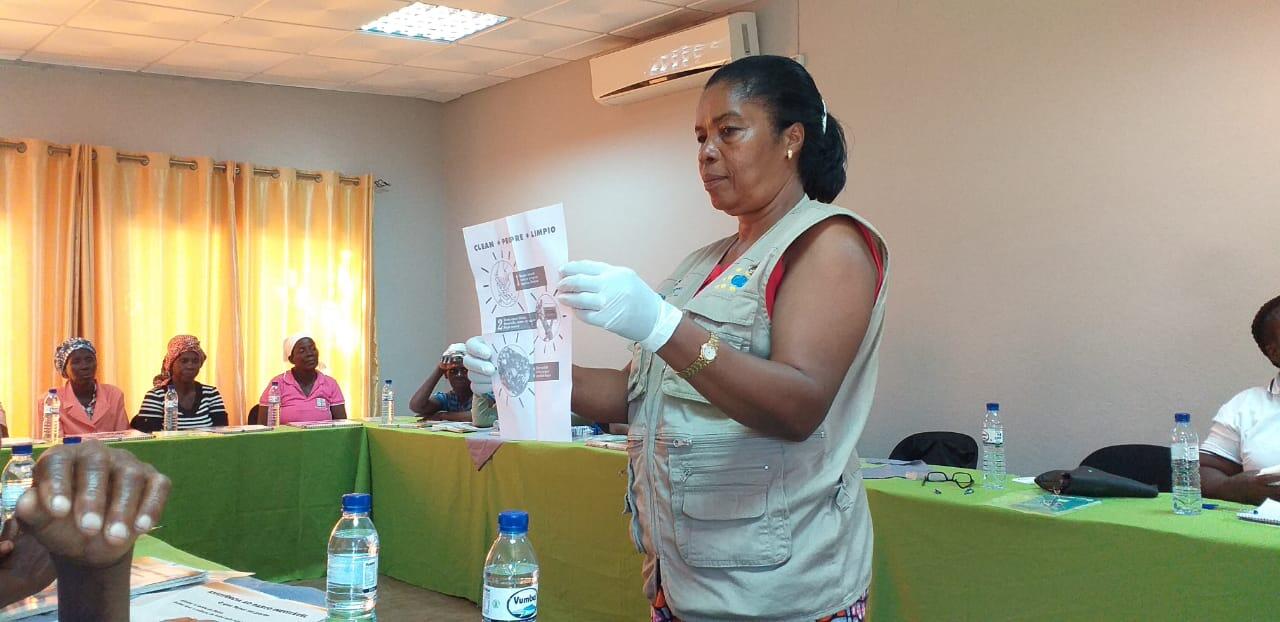Nhamatanda - Between June 3 and 6, the United Nations Population Fund (UNFPA) conducted training for traditional midwives in Nhamatanda district, one of the regions most affected by Cyclone Idai *. The initiative was done in support of the Sofala Health Directorate through with the generous support of the Department for International Development (DfID) of the United Kingdom through the United Nations joint programme (UNFPA, UNICEF and WHO) that aims to improve the sexual, reproductive, maternal, newborn, child and adolescent health in Mozambique.
"This three-day workshop aims to prepare midwives to identify risks during pregnancy for women in their communities. There are many problems that pregnant women can develop and here they learn how to proceed," said Dr. Elsa Jacinto, a specialist in sexual and reproductive health.

The doctor recalls that, over the years, the number of deliveries performed in health facilities has been increasing significantly. This way, the risk of maternal and neonatal mortality reduces.
"In the past, they were doing many births, today, they accompany the pregnant women and are directed to refer them to the health units. We also have to remember that midwives have enormous importance in psychological support," added Elsa, who also gave the workshop in the districts of Buzi and Dondo.
*Cyclone Idai hit central Mozambique on March 14, 2019, leaving more than 600 dead.



